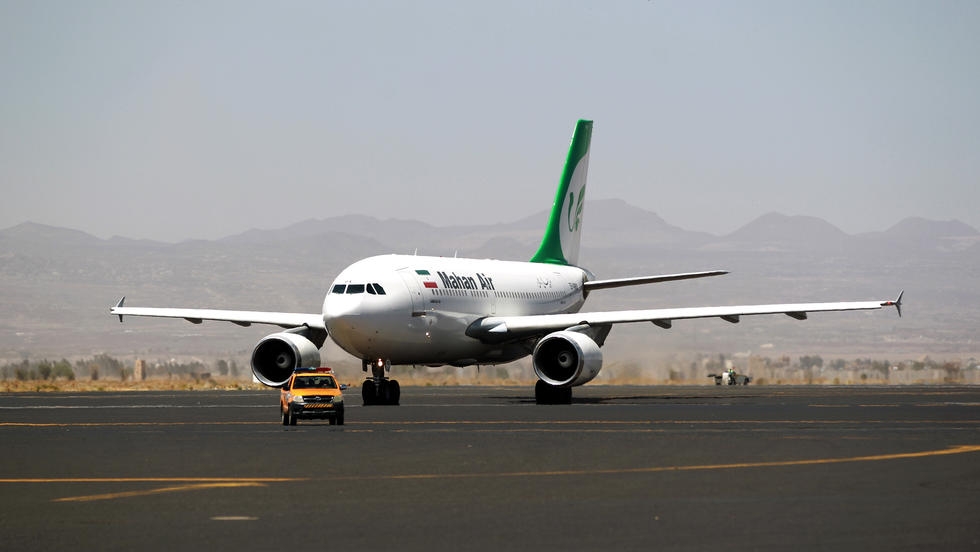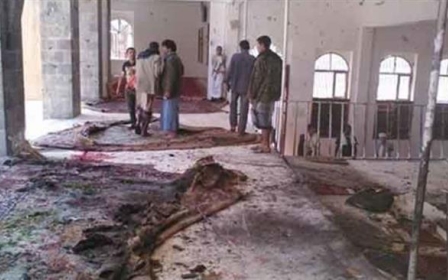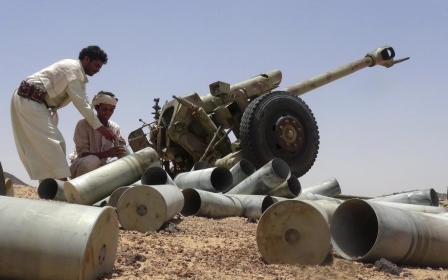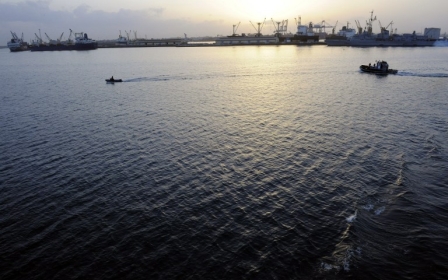Iran aid plane for Yemen barred from landing in Djibouti

An Iranian Red Crescent plane carrying 20 tonnes of food for war-torn Yemen was prevented from landing in Djibouti, where the UN has a relief hub, official media said on Saturday.
"Despite coordination with the United Nations and the World Food Programme, the plane was not granted permission to land in Djibouti," the state run IRNA news agency said quoting a Red Crescent official.
The unnamed official said the plane was now in Shabahar, in southeastern Iran, awaiting "the authorisation of the foreign affairs ministry" of Djibouti.
An Iranian boat carrying 2,500 tonnes of aid for Yemen docked late Friday in the Horn of Africa port of Djibouti.
The cargo had been handed over to the WFP in Djibouti and was currently being offloaded, WFP spokesperson Abeer Etefa said on Saturday.
"The ship carries 2,500 ton of humanitarian aid and that includes mainly rice and wheat flour, as well as medicine, water, tents and blankets," she said.
The Red Crescent official told IRNA the vessel was being offloaded in Djibouti.
The ship had initially been heading for the Yemeni port of Hodeida but had to change course after warnings from the United States and the Saudi-led coalition that has been pounding Shiite rebels in Yemen.
Saudi Arabia accuses Iran of arming the Houthi rebels, but Tehran denies the charge and says it is helping in Yemen by opposing air strikes and providing aid.
In April Saudi warplanes prevented an Iranian plane, which Tehran said carried aid for Yemen, from landing in the rebel-held capital Sanaa.
The Saudi-led coalition has waged an air war against the Houthis since 26 March in an effort to restore the authority of President Abderabbo Mansour al-Hadi, who has fled to Riyadh after the rebels overran most of the country.
New MEE newsletter: Jerusalem Dispatch
Sign up to get the latest insights and analysis on Israel-Palestine, alongside Turkey Unpacked and other MEE newsletters
Middle East Eye delivers independent and unrivalled coverage and analysis of the Middle East, North Africa and beyond. To learn more about republishing this content and the associated fees, please fill out this form. More about MEE can be found here.




